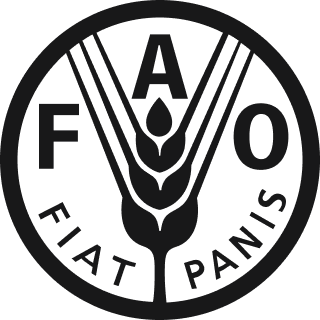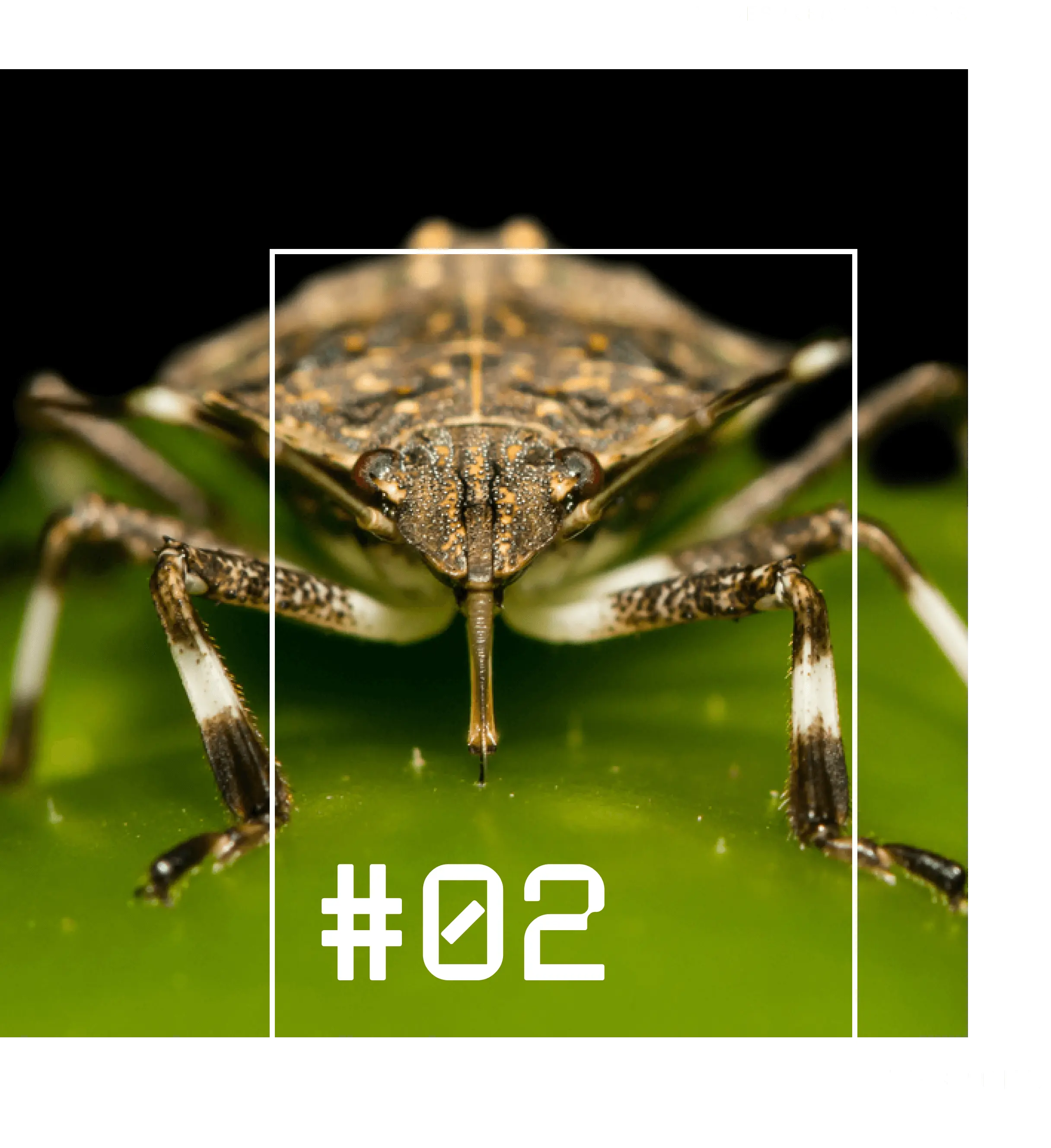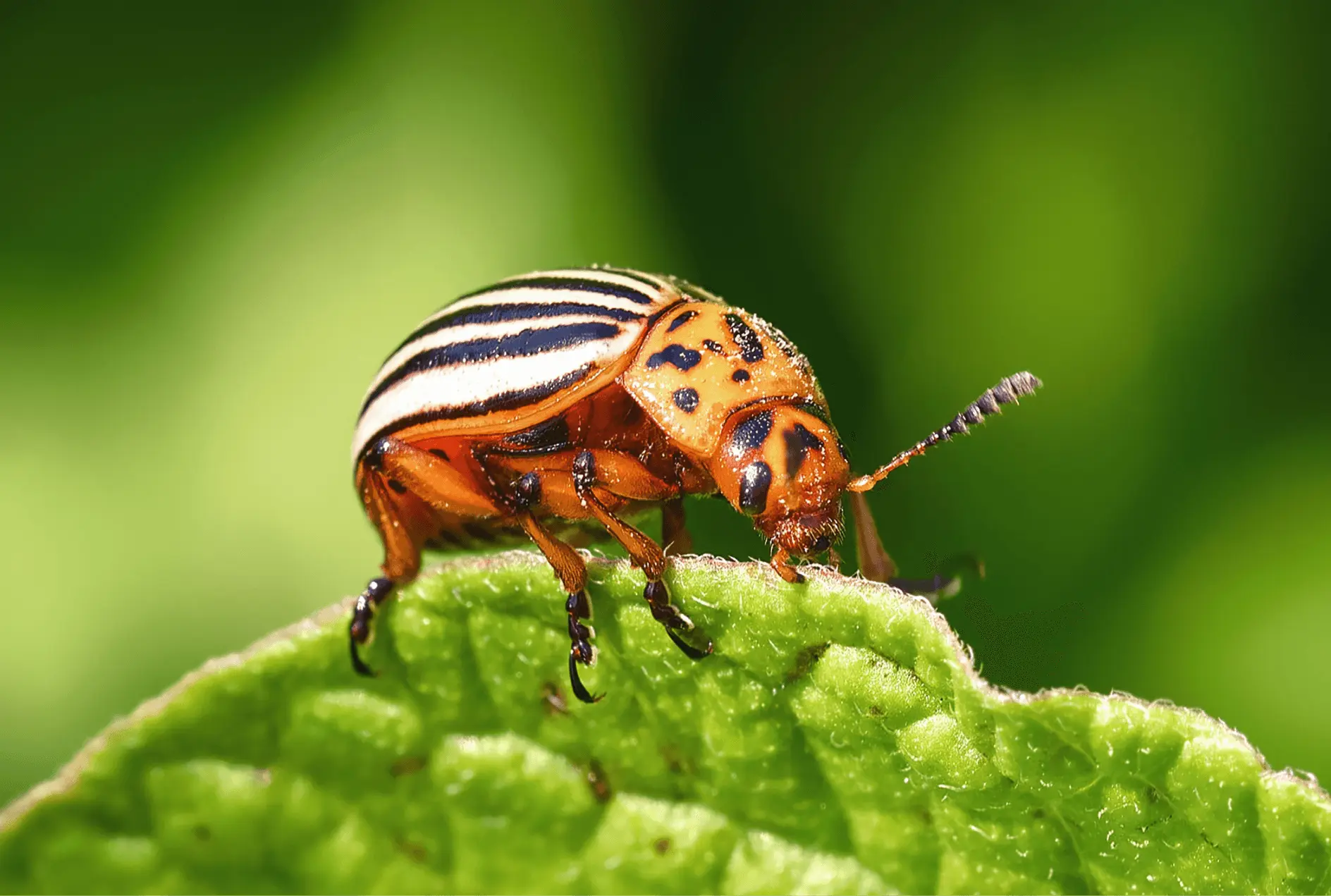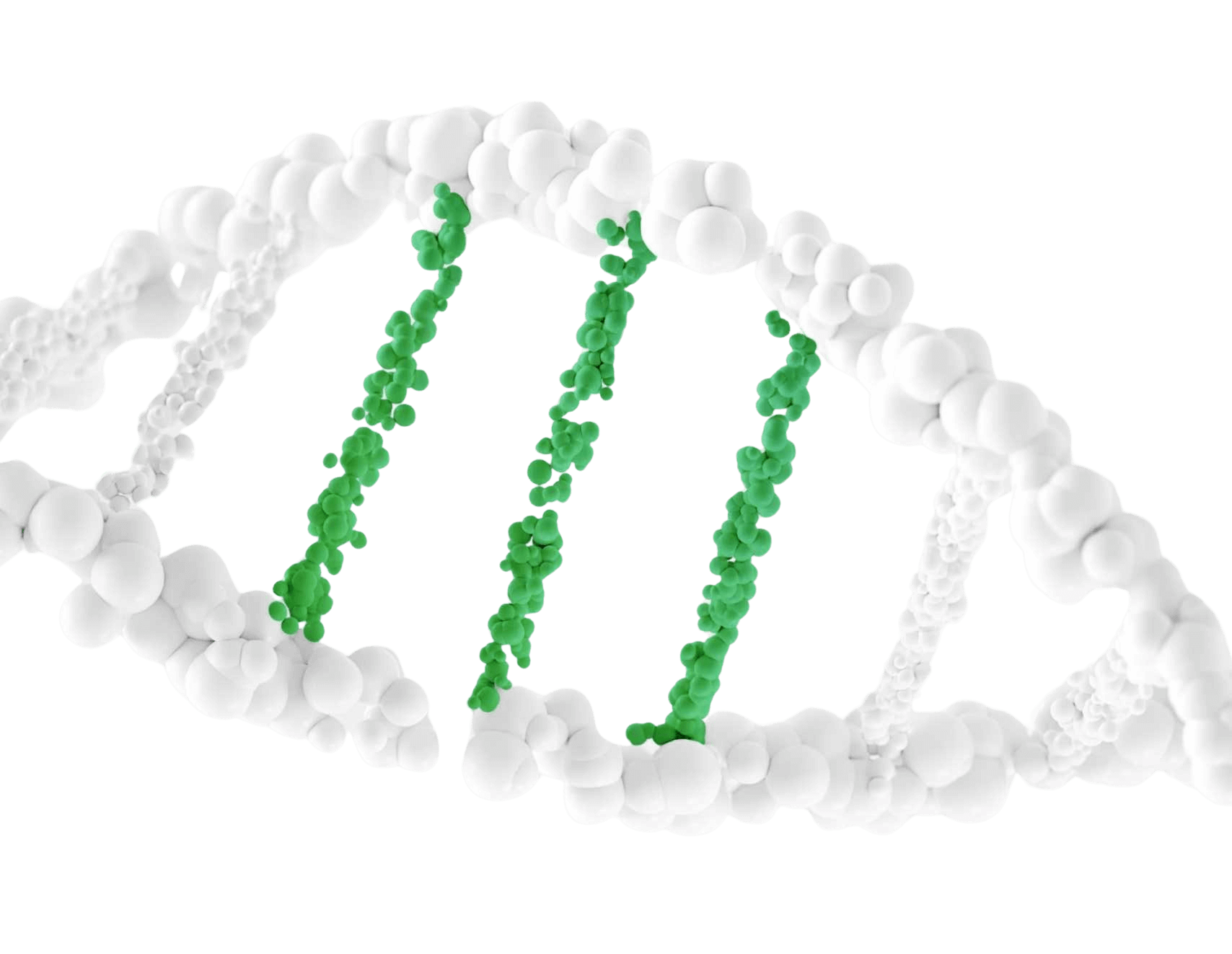

We leverage the latest advancements in genome engineering, artificial intelligence, and a unique technological platform to develop insect control solutions that are highly effective, environmentally friendly, and sustainable.
 FAO declared that
FAO declared that





We prevent harmful insects from reproducing in large numbers, while reducing the use of chemical insecticides to further safeguard the environment.
We combine artificial intelligence and biology to accelerate innovation, forecast insect-borne risks, and empower decision-makers to act with precision and impact.


We want to empower communities to combat disease-carrying insect vectors, protect crops and safeguard biodiversity.
We strive for a more sustainable world, free from vector-borne disease, and able to feed a growing population.

